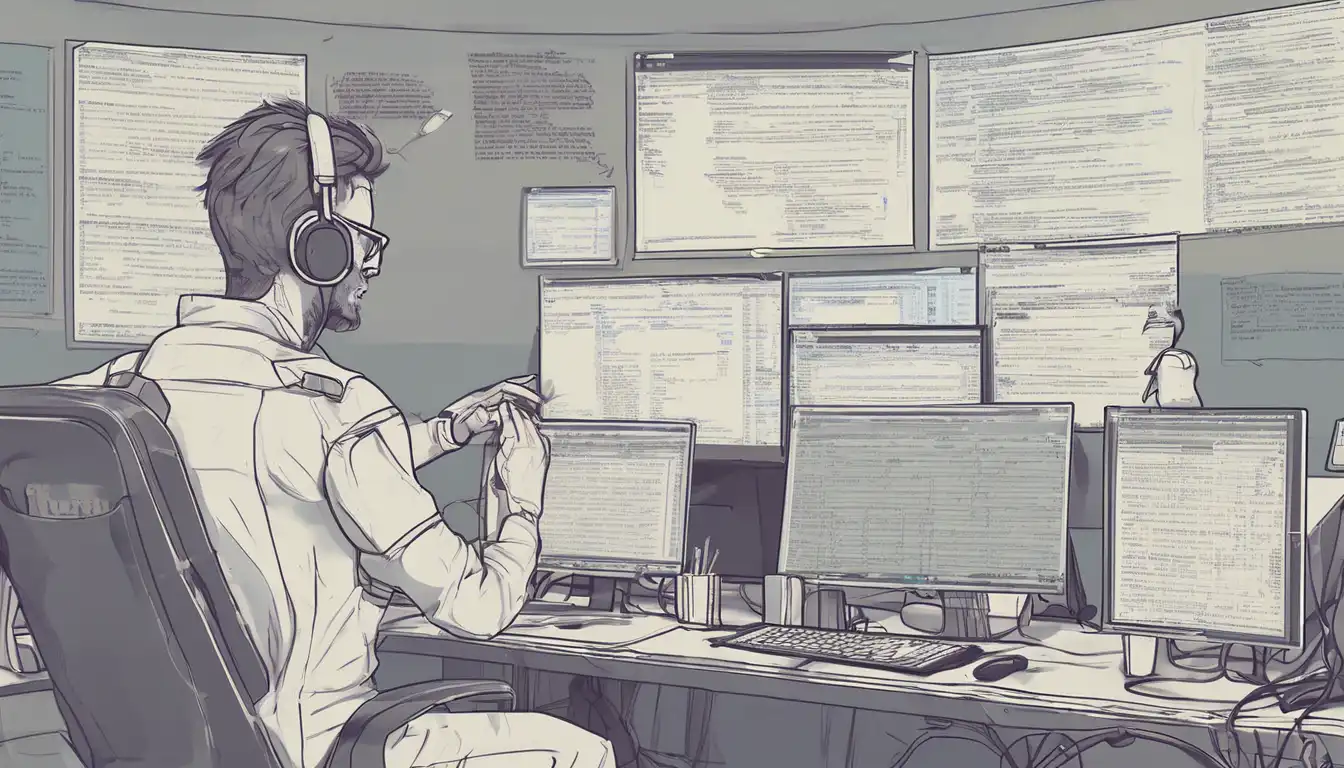Introduction to Professional Code Debugging
Debugging is an essential skill for any programmer, yet many struggle with it. This guide will walk you through the professional techniques to debug your code efficiently, saving you time and frustration.
Understanding the Debugging Process
Before diving into tools and techniques, it's crucial to understand what debugging entails. Debugging is the process of identifying and removing errors from your code to ensure it runs as intended.
Essential Debugging Tools
There are several tools available that can help streamline your debugging process. Here are a few must-haves:
- Integrated Development Environments (IDEs): Most IDEs come with built-in debugging tools that allow you to step through your code, inspect variables, and more.
- Debugging Software: Tools like GDB for C/C++ or pdb for Python offer advanced debugging capabilities.
- Logging: Sometimes, the simplest way to debug is by adding log statements to your code to track its execution flow.
Step-by-Step Debugging Techniques
Here’s a step-by-step approach to debugging your code like a pro:
- Reproduce the Error: Before you can fix a bug, you need to be able to reproduce it consistently.
- Understand the Error Message: Error messages are your first clue in identifying what went wrong.
- Isolate the Problem: Narrow down the section of code where the error is occurring.
- Check Recent Changes: If the error started appearing after recent changes, review those first.
- Use a Debugger: Step through your code to inspect the state at various points.
- Fix and Test: After making changes, test to ensure the bug is resolved without introducing new issues.
Advanced Debugging Strategies
For more complex issues, consider these advanced strategies:
- Binary Search Debugging: Comment out half of your code to see if the error persists, then narrow down from there.
- Rubber Duck Debugging: Explaining your code line by line to an inanimate object (like a rubber duck) can help you spot mistakes.
- Pair Programming: Sometimes, a fresh pair of eyes can spot what you’ve missed.
Preventing Future Bugs
While debugging is important, preventing bugs in the first place is even better. Here are some tips:
- Write Clean Code: Follow best practices and coding standards to minimize errors.
- Unit Testing: Regularly test individual components of your code to catch bugs early.
- Code Reviews: Having another developer review your code can catch issues before they become problems.
Conclusion
Debugging is a skill that improves with practice. By using the right tools and techniques, you can debug your code more efficiently and effectively. Remember, the goal is not just to fix the current bug but to improve your coding practices to prevent future issues.
For more insights into coding best practices, check out our guide on coding best practices.
